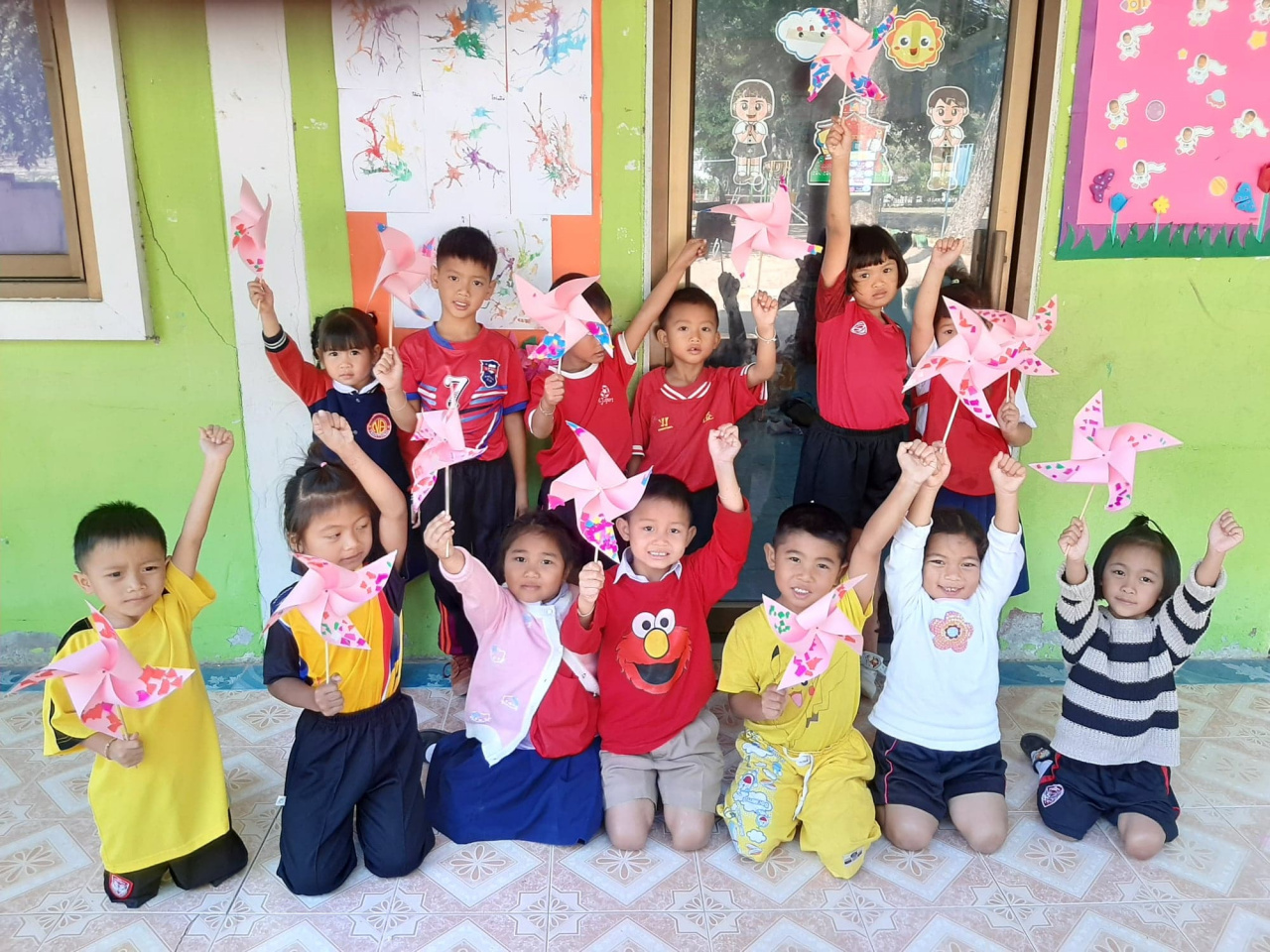ANGELIA CYNDY
Basic English In Early Childhood
In preschool or daycare, your child will be exposed to books and stories on a regular basis. Children of these ages are very interested in words and loves hearing stories read aloud. You know that reading to your child is a fun experience that you can share together, but there are also many educational benefits of reading at an early age. Even if your preschooler or kindergartener doesn’t understand the narrative of a story the same way an older child does, reading to a child at an early age builds the foundation of literacy. Preschool-age children are beginning to show an interest in written communication. Pre-kindergarteners are able to recognize many letters and are starting to connect them with spoken sounds. At this age, children have a unique ability to notice and decode patterns such as these. The unique way toddlers utilize phonics rules helps them to interact with letters and words and learn rapidly. This will give them a head start when they reach the age that children traditionally learn how to read.
Writing is a critical emergent literacy skill that lays the foundation for children’s later literacy skills and reading achievement. Recent work indicates that many early childhood programs offer children materials and tools for engaging in writing activities but teachers rarely are seen modeling writing for children or scaffolding children’s writing attempts. Early childhood educational settings hoping to support children’s literacy development should provide multiple opportunities for children to observe teachers model writing, provide teacher support and scaffolding for children’s writing attempts and engage children in meaningful writing in their play. This paper provides twelve research-based guidelines for supporting children’s writing development in early childhood classrooms.
Speaking must be stimulated since early so language ability in human can develop optimally suitable with stage of the child’s age. Language skill is required to be given proper handling so it can develop appropriate with stage of the one’s age. The success of language development can influence reading skill, listening, writing and speaking skill. Language skill in the children must be given the training, one of it is speaking skill which can make vocabulary increased so children are not having struggle when communicate with people surround them. Children who are able to speak well will deliver children who has high confident.
Listening is a crucial skill for young children to acquire, and I wish I had a penny for every time I have asked children to do it over the years! Listening is one of the basic building blocks of language and communication and, particularly in the early years of education, one of the main vehicles for a child’s learning. Up to 80 per cent of learning in the early years is verbal and this is why, as practitioners, we are so concerned to see children with poor listening skills.





